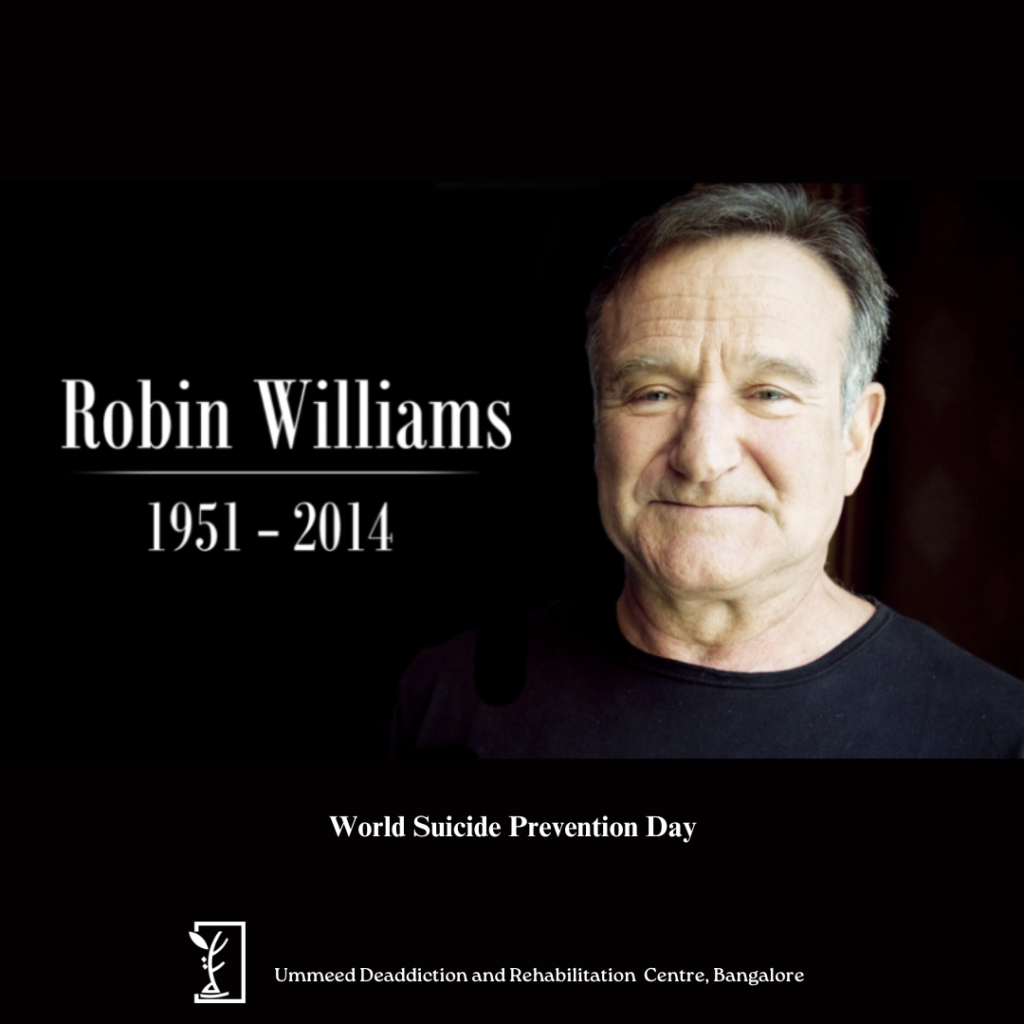Depression, often misunderstood and stigmatized, is a complex mental health condition that can have devastating consequences.
We often hear about the tragic loss of individuals to suicide, but rarely do we delve into the underlying causes. It’s time to challenge the prevailing narrative and shed light on a crucial aspect: the connection between suicide and depression.
Robin Williams, a beloved comedian and actor, tragically passed away in 2014. While the official cause of death was listed as suicide, many people questioned the simplicity of this label. Tom Clempson, in his poignant reflection, offers a different perspective. He argues that suicide is not a choice, but rather a symptom of a debilitating illness: depression.
Robin Williams didn’t die by choice; he died from depression, a relentless illness that blinds its victims to any possibility of healing. To say he “committed suicide” suggests blame, implying that it was his decision to give up on life. This perpetuates harmful misconceptions, as though fighting depression is any less noble than battling a physical illness like cancer. Just as we don’t say someone died from pneumonia but from cancer, we should recognize suicide for what it often is—the fatal symptom of depression.
Depression, often misunderstood and stigmatized, is a complex mental health condition that can have devastating consequences. It’s not merely a bout of sadness or a lack of motivation; it’s a pervasive darkness that can consume a person’s thoughts and actions. When left untreated, depression can lead to suicidal ideation and, tragically, suicide.
Depression can manifest in a silence that feels like suffocation. It can turn even the simplest tasks, like getting out of bed, into monumental hurdles. As Lora Mathis puts it, when battling depression, “I swapped sleeping for staying up all night, staring at my bedroom walls.” For many, this illness doesn’t just whisper despair; it shouts out every potential escape, every bridge to jump from, every sharp edge to cling to.
Mathis’ words resonate with an aching truth that countless people carry with them every day: “I never thought I’d make it to twenty-five. But I told myself to stay. Just for a little longer. Just to see.” She talks about staying for the small moments—the good days, the sunsets, the laughter shared unexpectedly. And she reminds us that there are those who understand, even if it feels impossible to find them.
It’s crucial to recognize that suicide is not a selfish act but a desperate cry for help. By understanding the link between suicide and depression, we can challenge the stigma surrounding mental health and offer compassion and support to those in need.
Let’s break the silence. Let’s talk openly about depression and suicide. Let’s advocate for mental health resources and support systems. We can create a world where individuals struggling with depression feel safe, understood, and equipped to overcome their challenges, and let’s be up for it.
